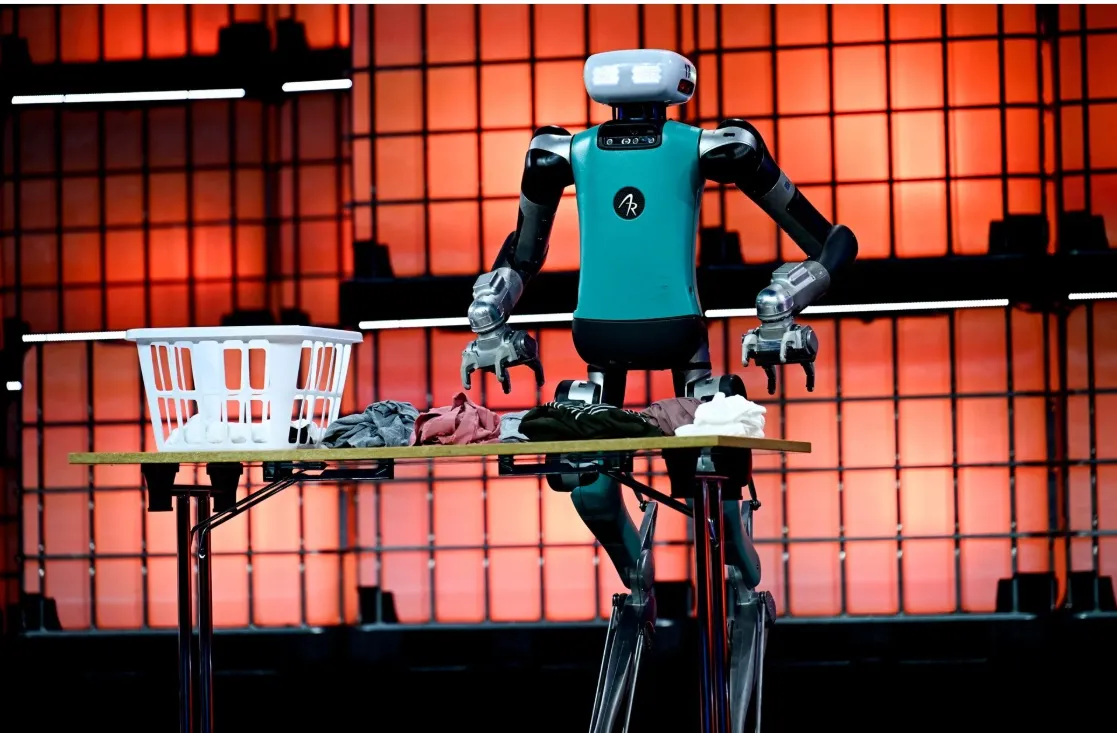
As the world’s leading exhibition for the solar industry, Intersolar Europe demonstrates the enormous vitality of the solar market. Under the motto “Connecting Solar Business” global market leaders present their latest product developments, as well as trends and business models. These include manufacturers, suppliers, distributors, installers, service providers, project developers, planners and start-ups. Intersolar Europe will take place from May 7–9, 2025 as part of The smarter E Europe, Europe’s largest alliance of exhibitions for the energy industry, at Messe München. This year's motto highlights the critical role of solar energy in decarbonization. As the world grapples with the pressing challenges of climate change, the transition to cleaner energy sources has become increasingly critical. Among the various renewable energy technologies, solar energy stands out as a key player in the global effort to decarbonize the economy. This article explores the pivotal role of solar energy in reducing greenhouse gas emissions and combating climate change as championed by Intersolar Europe and her strategic partners.
Decarbonization involves reducing carbon dioxide (CO2) emissions and shifting away from fossil fuels, which are the primary contributors to climate change. The energy sector, responsible for a significant portion of global emissions, must transform to achieve international climate goals, such as those outlined in the Paris Agreement.The advantages of fully embracing solar energy include:
Abundant and Renewable: Solar energy is one of the most abundant sources of energy available on Earth. It is renewable, meaning it can be harnessed without depletion, making it a sustainable option for long-term energy needs.
Low Carbon Emissions: The most significant advantage of solar energy is its capacity to produce electricity with minimal greenhouse gas emissions. Unlike fossil fuels, which release CO2 and other pollutants when burned, solar panels convert sunlight into electricity without direct emissions.
Technological Advancements: Innovations in solar technology, such as improved photovoltaic (PV) cells and solar thermal systems, have increased efficiency and lowered costs. This makes solar energy more accessible and competitive with traditional energy sources.
Decentralized Energy Production: Solar energy can be harnessed at various scales, from large solar farms to rooftop installations. This decentralization allows for localized energy production, reducing transmission losses and enhancing energy security.
Job Creation: The solar industry has become a significant source of employment, contributing to economic growth and job creation in the renewable energy sector. This shift not only supports the transition to cleaner energy but also helps build resilient economies.
Obviously maximizing the impact of solar energy on decarbonization will require its effective intergrtion into the existing energy systems through:
Investment in Infrastructure: Upgrading grid infrastructure to accommodate the variability of solar power and ensure reliable energy distribution.
Energy Storage Solutions: Developing advanced storage technologies, such as batteries, to store excess solar energy for use during periods of low sunlight.
Policy Support: Implementing supportive policies and incentive programs that encourage the adoption of solar energy among consumers, businesses, and utilities.
Therefore,as the world descends in Munich for this landmark exhibition, we can only hope that the outcomes will go a long way in accelerating the achievement of low-carbon economies and mitigating the impacts of climate change in the years to follow. Embracing solar energy is not just an environmental imperative; it is a pathway towards a brighter and more sustainable future for generations to come.